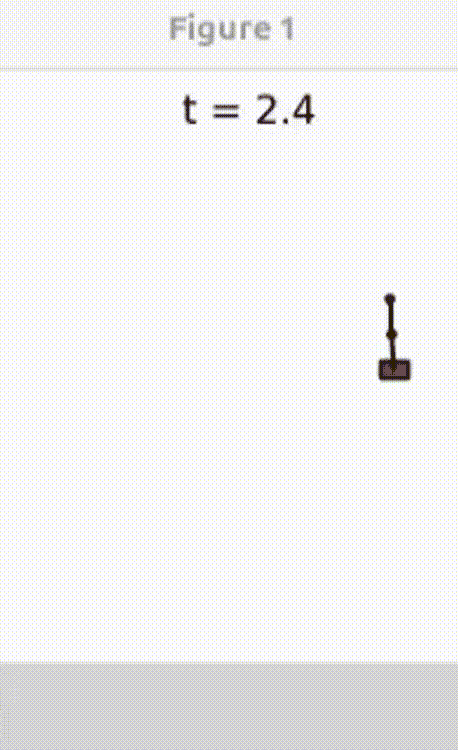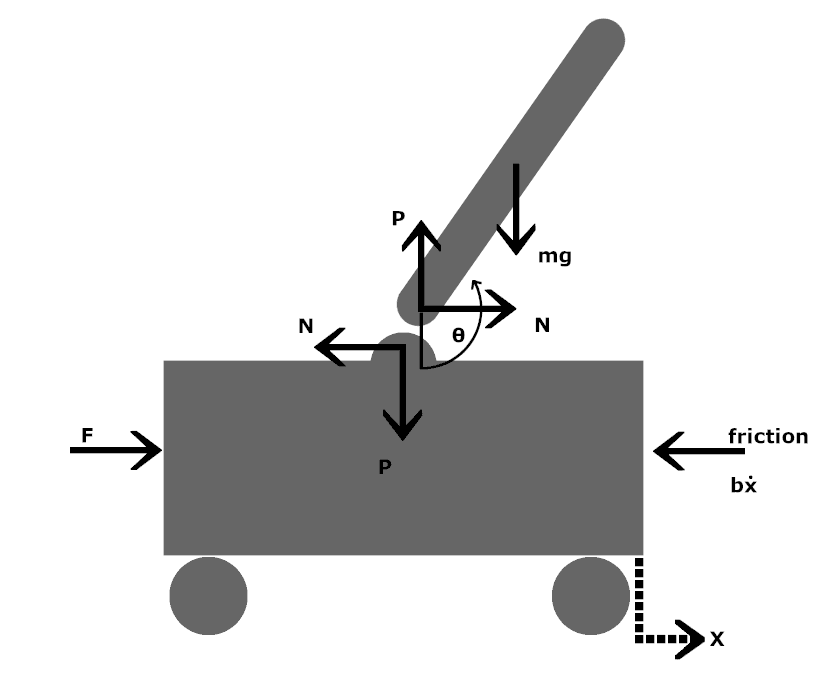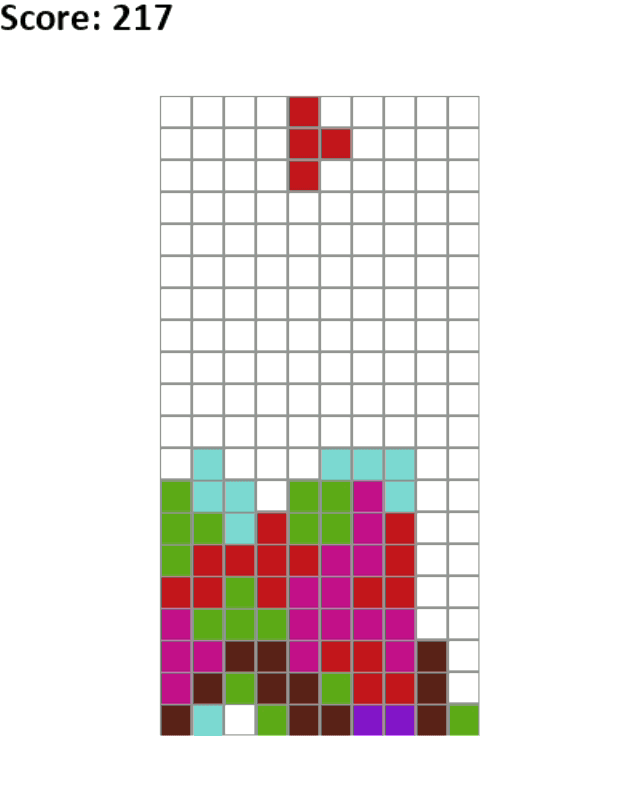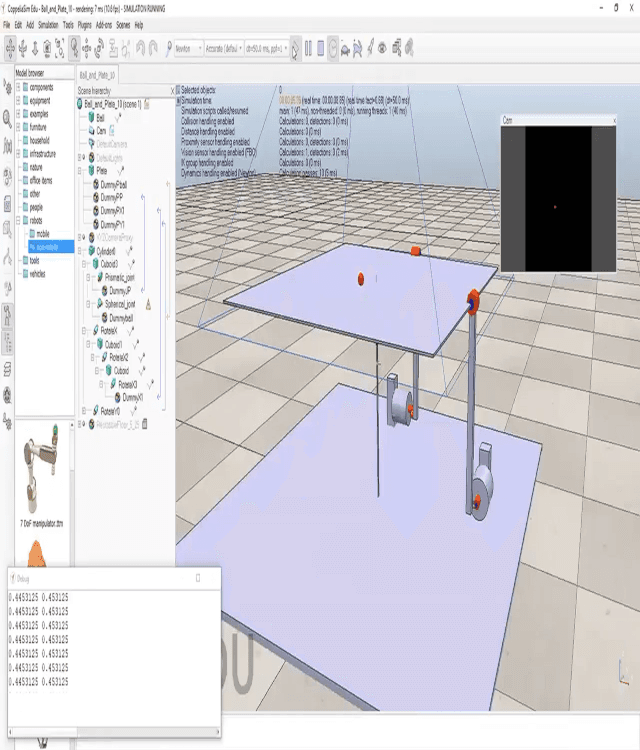Projects

Double Pendulum Curriculum Learning
Code on Github. Double Pendulum created with MIT Drake. Controlled using a PyTorch evolving neural network. Gravity and Air resistance incrementally modified for rapid training.

GIMP-ComfyUI Diffusion Plugin
Code on GitHub. GIMP Plugins and ComfyUI Nodes communicate via WebSocket. Performed locally with RTX 3060 Mobile.

Video-to-Video Diffusion
Pose extraction, filters, and ML processing for video-to-video diffusion. Performed locally with RTX 3060 Mobile.

Cart-Pendulum Control System
Simulated in MATLAB/Simulink. State-space modeling for observability and controllability.

Python Tetris
A playable Python Tetris game with a bot.
SolidWorks Design
CAD design of a combustion chamber, jet engine, and planetary gear system in SolidWorks.
The BowWow
Automated dog petting machine with machine learning object detection.

Ball & Plate Control
Simulated in CoppeliaSim. Control logic calculated in MATLAB/Simulink.